
World Menstrual Hygiene day in Kolwezi Ville
The onset of 2020 has brought along with it challenges that have seen cities go on lock down’s, schools and houses of worship shut down while the world braces against the evolving COVID19. In the midst of the pandemic women and girls have been subjected to gender based violence at homes as well as the lack of access to menstrual hygiene products and services among others.
While the world around seems to have slowed down the pandemic has not put a stop to periods, women and girls still menstruate. Hence the work of ensuring our young girls are educated, have access to hygiene products cannot stop now more than ever when the avenues of reaching them are being hindered by COVID19.
Core23Lab joined the world Menstrual Hygiene day and partners across the globe on 28th of May this year to remind the public that “Pandemics do not stop periods” following this year’s theme “It’s time for action”. In efforts to reach out to girls most affected by the pandemic, we reached to girls in slum areas that have lesser access to menstrual hygiene education while bearing in mind precautions of the ongoing pandemic.
Cite in Kolwezi is a busy part of town where the cite market is the center of business and opportunities for the residents. An area where teen pregnancy is high and access to menstrual and reproductive education services is low. The girls in this community mostly come from low-income households and cannot all afford to buy disposable pads. Most of them purchase towels or use pieces of clothing to make pads that they can reuse, as this is not costly to them.
Core23Lab partnered with Mwimbi Clinic which is located at the heart of Cite-Manika to offer free education and menstrual hygiene products to girls within the community. Due to the pandemic, the event was organized in an open house manner where groups of girls came in at different times while observing the health guidelines to receive education and inquire on any concern they have about periods.
We held Focus group discussions with girls who had experience menstruation already and another focus group discussion with girls that were yet to experience their first circle of menstruation. Focus group discussions with girls who have already experienced their first periods reveled that most had no prior idea on menstruation until they experienced it. One girl stated that “When I first got my period I did not understand what was happening, I thought I had hurt myself” this was a thought that many girls retaliated as they shared the experience about their first period. Some of the girls had some idea of what was happening from their Science and Biology classes in school but the classes did not teach them what to do when they got their first period.
Majority stated their mothers were a great source of knowledge however; those without mothers expressed the challenges they had in finding a person to confide in. While most girls new they had to get sanitary products most where not aware of how to take care of themselves this includes safe disposal of used pads and washing of sanitary towels among others. Amongst the girls there were many beliefs around what cases Menstruation and how to handle periods mostly myths that have been handed down from community members and family.
A different focus group discussion with young girls who had yet to experience their first menstrual period, led to a full on training while for the older group there where knowledge gaps, for the younger ones there was simply no knowledge. Most of them had no idea of what a period is, what does not cause it nor what to do if they got their first period, majority of them were of age and are most likely to get their first period soon.
With closing of schools, girls of this age who would have received some information from their science classes by now regarding menstruation are total clueless. Being out of class has forced most of them to work alongside their mothers at home, in the markets or help raise their younger siblings while their parents seek a living. The open questions they had reveled their hunger to have someone quench the knowledge thirst they experience whilst their bodies keep changing at an age of puberty.
This open house menstrual hygiene workshop had 51 young girls ranging from 19years old to 10 years old all eager to know more and have a platform where they can openly share there period challenges. Despite the many challenges that women and girls around the world face the biggest challenge is accessing menstrual hygiene products and services during pandemics. With no access to learning resources, they are not only behind on their classes but are also behind on life skills that are relevant to their well-being and ability to thrive in a community.
Core23Lab’s key aim with menstrual hygiene education is to see girls and women everywhere have access to menstrual hygiene products, services and education regardless of pandemics, economic challenges and access gaps in our communities.
You are welcome to join our movement as we reach more women and girls in underserved communities!!!
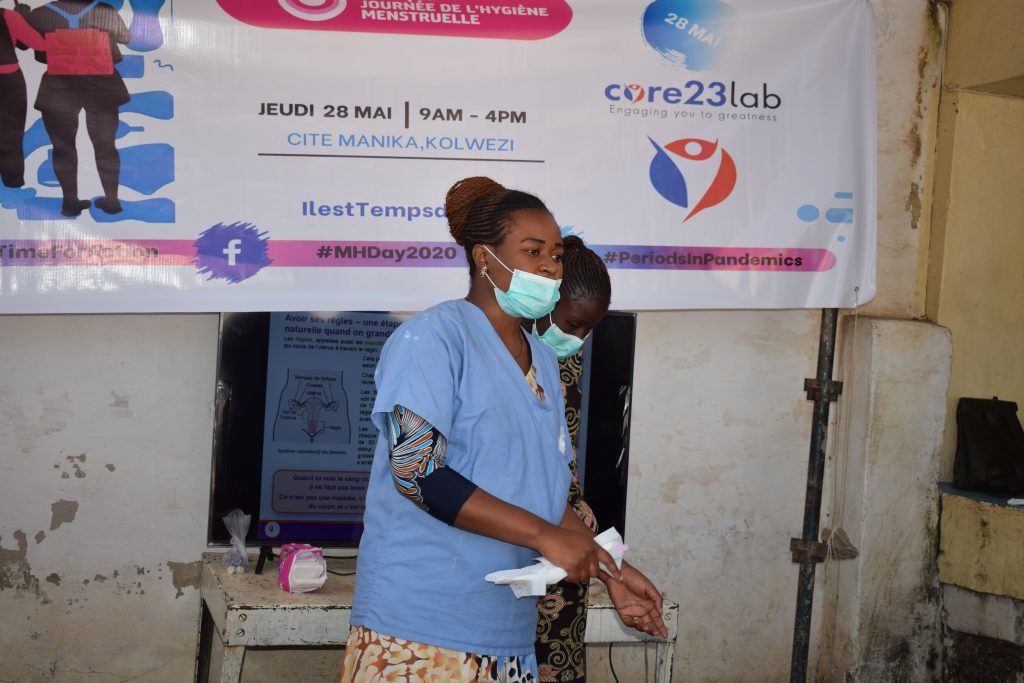
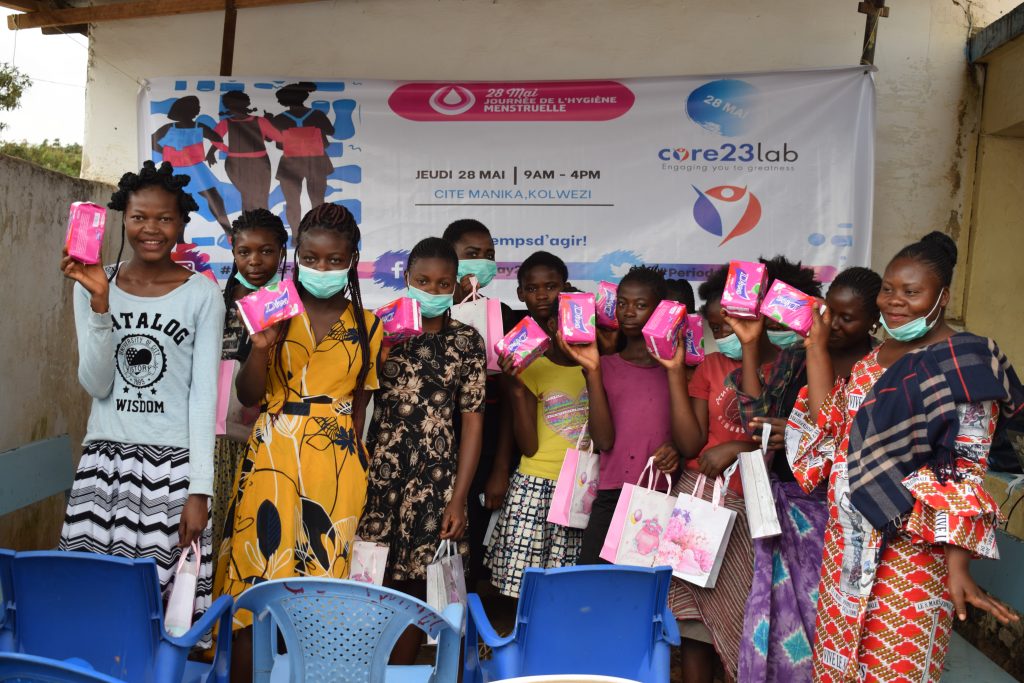
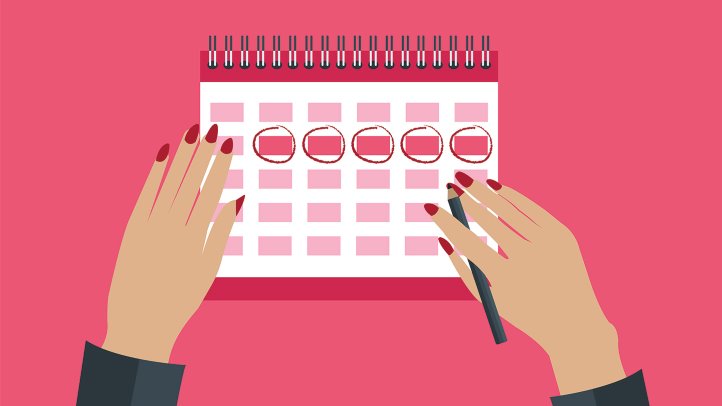
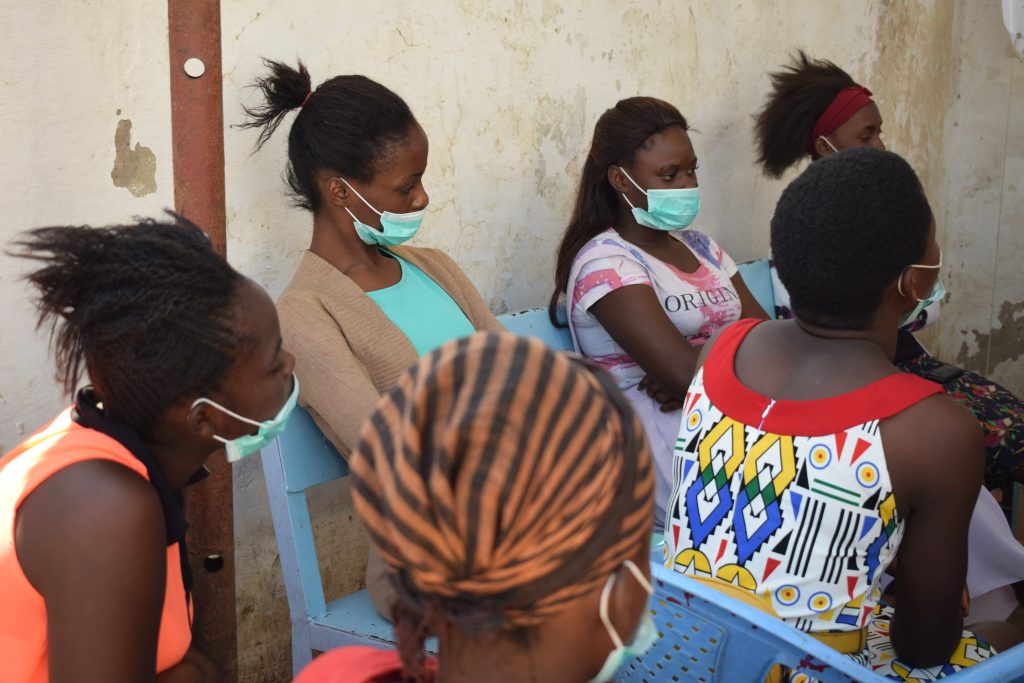
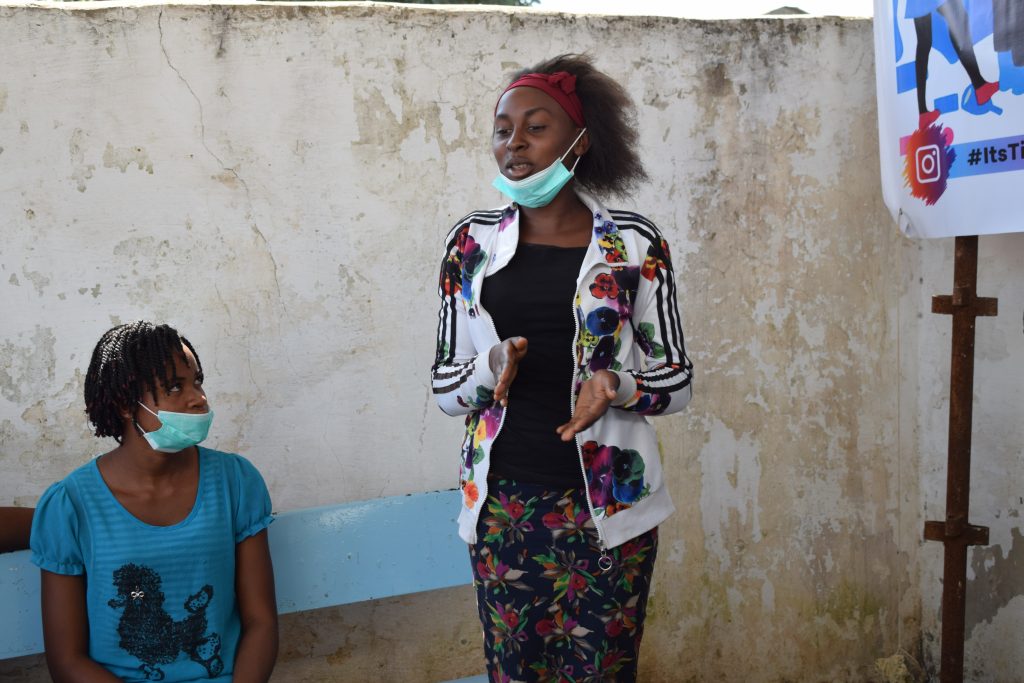

Core23Lab
A community of thinkers that build on Technology, Innovation, Education and Entrepreneurship to solve community challenges.
Our Contacts
No.328, Avenue Lulua, Q/Jolie Site RVA C/Manika, Kolwezi | RDC
Email: engage@core23lab.org
Phone: +243976260347


